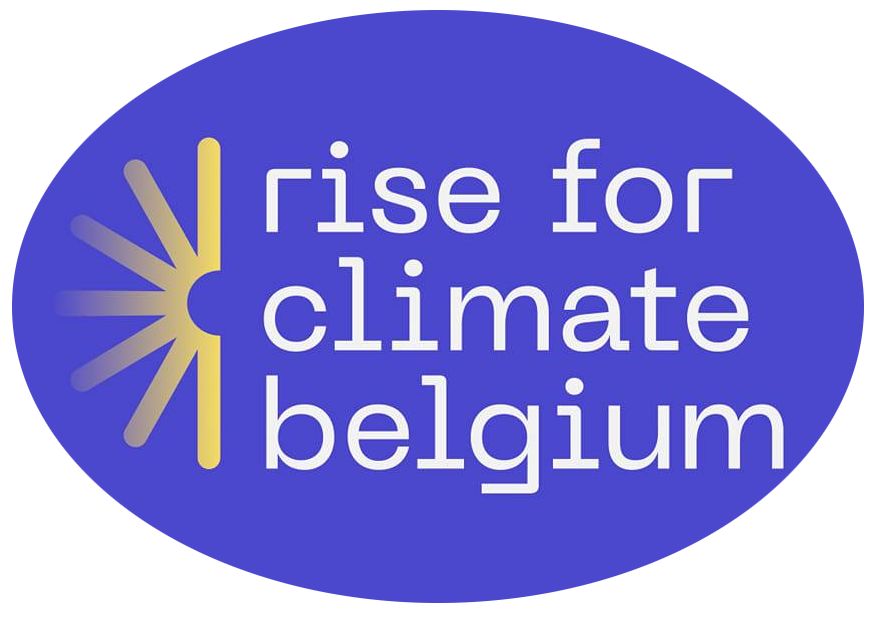Documentation
Pour voir les références d’un(e) auteur(e), cliquez sur son nom. Pour revenir à la page, utilisez le bouton refresh ci-dessous.
Cela fonctionne également avec les mot-clés de chaque référence.
Résultats pour:
ipcc.ch
2024
Figure TS.15 | Contribution to (a) effective radiative forcing (ERF) and (b) global surface temperature change from component emissions for1750–2019based on Coupled Model Intercomparison Project Phase 6 (CMIP6) models and (c) net aerosol ERF for 1750–2014 from different lines of evidence.
2023
GIEC rapport - Changements climatique 2021 - rapport technique du 6ème rapport du GIEC du groupe 1 - en français
Summary for Policymakers. A Report of the Intergovernmental Panel on Climate Change
Mitigation of Climate Change - Working Group III contribution to the Sixth Assessment Report of the Intergovernmental Panel on Climate Change
The IPCC is currently in its Sixth Assessment cycle, during which the IPCC will produce the Assessment reports of its three Working Groups, three Special Reports, a refinement to the methodology report and the Synthesis Report. The Synthesis Report will be the last of the AR6 products, due for release in March 2023.
INTERLAKEN, Switzerland, March 20, 2023 -- There are multiple, feasible and effective options to reduce greenhouse gas emissions and adapt to human-caused climate change, and they are available now, said scientists in the latest Intergovernmental Panel on Climate Change (IPCC) report released today. ...
AR6 Synthesis Report
Le Groupe d’experts intergouvernemental sur l’évolution du climat (GIEC) a été créé en 1988 en vue de fournir des évaluations détaillées de l’état des connaissances scientifiques, techniques et socio-économiques sur les changements climatiques, leurs causes, leurs répercussions potentielles et les stratégies de parade.
2022
Mitigation of Climate Change - Working Group III contribution to the Sixth Assessment Report of the Intergovernmental Panel on Climate Change
Contribution du Groupe de travail I au sixième Rapport d’évaluation du Groupe d’experts intergouvernemental sur l’évolution du climat - traduction officielle
The Working Group III report provides an updated global assessment of climate change mitigation progress and pledges, and examines the sources of global emissions. It explains developments in emission reduction and mitigation efforts, assessing the impact of national climate pledges in relation to long-term emissions goals.
The Working Group III report provides an updated global assessment of climate change mitigation progress and pledges, and examines the sources of global emissions. It explains developments in emission reduction and mitigation efforts, assessing the impact of national climate pledges in relation to long-term emissions goals.
Rapports d’évaluation - Rapports spéciaux du GIEC - Rapports méthodologiques - Documents techniques - Glossary
The IPCC has finalized the second part of the Sixth Assessment Report, Climate Change 2022: Impacts, Adaptation and Vulnerability, the Working Group II contribution to the Sixth Assessment Report. It was finalized on 27 February 2022 during the 12th Session of Working Group II and 55th Session of the IPCC. Read the report here
BERLIN, Feb 28 – Human-induced climate change is causing dangerous and widespread disruption in nature and affecting the lives of billions of people around the world, despite efforts to reduce the risks. People and ecosystems least able to cope are being hardest hit, said scientists in the latest Intergovernmental Panel on Climate Change (IPCC) report, released today.
The Working Group II contribution to the IPCC Sixth Assessment Report assesses the impacts of climate change, looking at ecosystems, biodiversity, and human communities at global and regional levels. It also reviews vulnerabilities and the capacities and limits of the natural world and human societies to adapt to climate change.
2021
The Working Group I contribution to the Sixth Assessment Report addresses the most up-to-date physical understanding of the climate system and climate change, bringing together the latest advances in climate science, and combining multiple lines of evidence from paleoclimate, observations, process understanding, and global and regional climate simulations.
This Summary for Policymakers (SPM) presents key findings of the Working Group I (WGI) contribution to the IPCC’s Sixth Assessment Report (AR6)1 on the physical science basis of climate change. The report builds upon the 2013 Working Group I contribution to the IPCC’s Fifth Assessment Report (AR5) and the 2018–2019 IPCC Special Reports2 of the AR6 cycle and incorporates subsequent new evidence from climate science3.
The Working Group I contribution to the Sixth Assessment Report addresses the most up-to-date physical understanding of the climate system and climate change, bringing together the latest advances in climate science, and combining multiple lines of evidence from paleoclimate, observations, process understanding, and global and regional climate simulations.
The Summary for Policymakers (SPM) is the approved version from the 14th session of Working Group I and 54th Session of the Intergovernmental Panel on Climate Change and remains subject to final copy-editing and layout.



